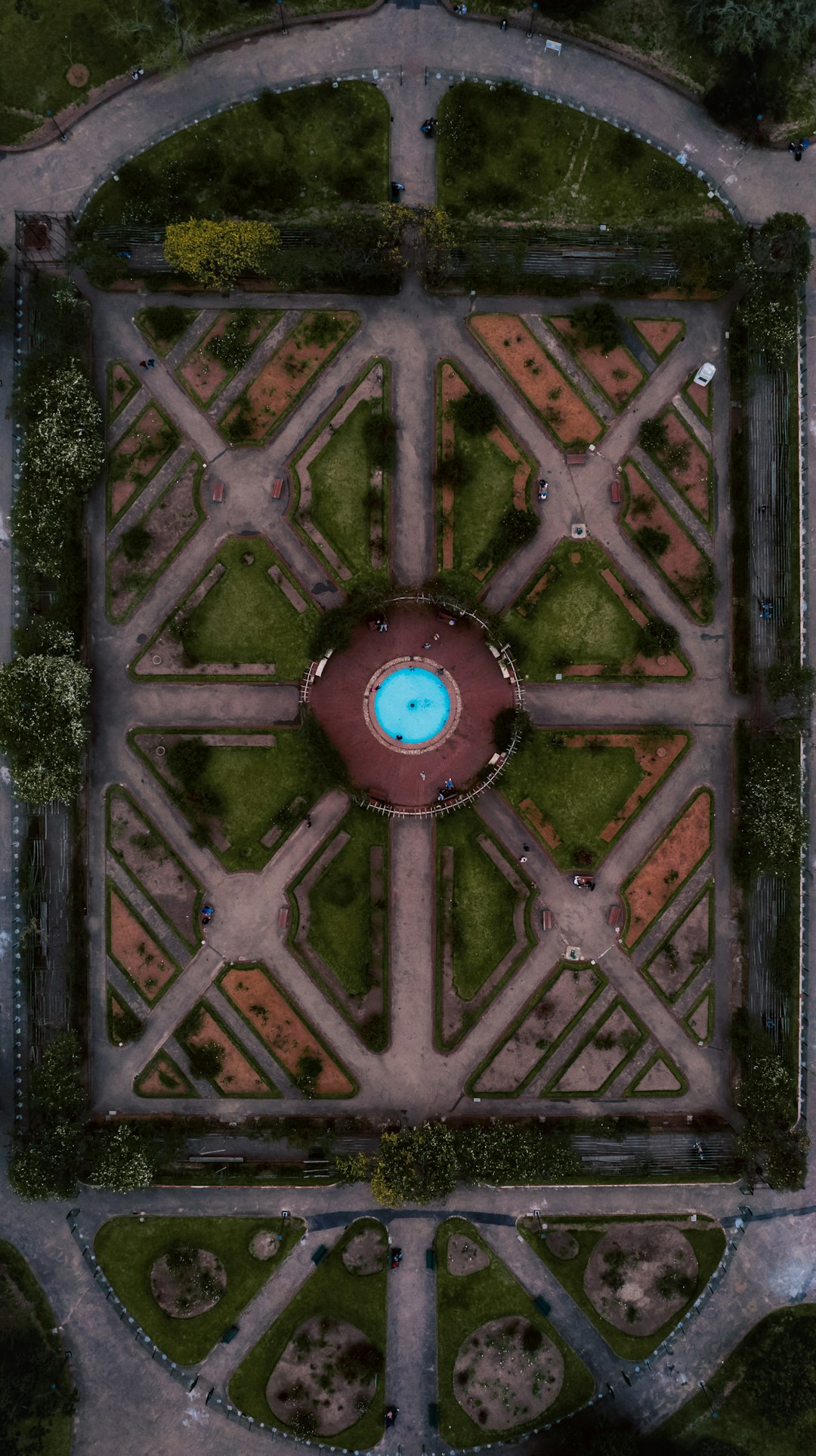Guardians at the Gateway: How Nations, Networks, and New Tech are Redefining Border Security in the Digital Age
When travelers pass through Thailand’s Suvarnabhumi Airport, most notice the fragrant orchids, the gilded murals, and the swift efficiency of the e-gates. Few realize that the same checkpoints have become front-line laboratories in a global contest between cyber-criminal ingenuity and state-of-the-art defenses. From the biometric scanners tucked beneath immigration counters to the quiet data-fusion centers deep inside Bangkok’s Government Complex, a broader story is unfolding—one that stitches together history, culture, technology, and the shifting architecture of transnational crime.
People, places, and technologies in the spotlight
• The Border Itself: Thailand shares land frontiers with Myanmar, Laos, Cambodia, and Malaysia—nearly 5,700 kilometers of jungle, river, and rugged highlands. Over centuries these porous borders have been trade routes for teak, silk, and, less admirably, opium and endangered wildlife. Today they serve as the digital age’s new fault line, where SIM cards slip across checkpoints as easily as spices once did.
• Call-Center Kings and Keyboard Nomads: Southeast Asia’s so-called “scam factories” are notorious for recruiting youths with promises of tech jobs, only to force them into online fraud. Victims hail from every continent, illustrating how geography means little when crime travels at fiber-optic speed. Meanwhile, a breed of location-independent professionals—ethical hackers, cybersecurity analysts, and digital anthropologists—now crisscrosses the region, chasing signals rather than smugglers.
• Tools of the Trade (and Counter-Trade):
– Phishing kits sold as monthly “software-as-a-service” subscriptions.
– Deepfake voice synthesis that makes ransom calls eerily convincing.
– OSINT (Open-Source Intelligence) platforms, allowing investigators to track crypto wallets with the same public-record transparency once reserved for real-estate deeds.
– 5G-enabled CCTV networks that integrate facial recognition and heat mapping to spot suspicious crowd behavior in real time.
Cultural and historical relevance
Thailand’s embrace of digital connectivity emerged alongside its famed hospitality industry in the 1990s. As Bangkok’s skyline rose, so did internet cafés filled with gamers and entrepreneurs. Yet the nation’s Buddhist ethos—championing compassion and community—contrasts starkly with the anonymity exploited by cybercriminals. Modern monks now teach coding to novices, promoting a version of “digital dhamma” that frames cybersecurity as a moral duty.
Surprising facts and notable developments
- The world’s first “cyber temple” sits in Chiang Mai, where servers host scripture repositories while AI chatbots answer questions on theology and online safety.
- In 2023, Thai postal workers began using blockchain to verify customs declarations—unlikely pioneers in decentralized authentication.
- Linguists have traced the etymology of Thailand’s slang for scammer, mia, back to a Khmer loanword meaning “shadow,” highlighting the cultural cross-pollination that mirrored early smuggling routes.
Broader trends reflected
• Digital Borders vs. Physical Borders: Nations are discovering that a firewall can be as critical as a frontier fence. As malware worms ignore passports, the notion of sovereignty is expanding into cyberspace.
• Crime as a Service: Just as legitimate companies globalize, illegitimate enterprises outsource. A teenager in Phuket can rent a botnet operated from Kyiv to target retirees in Toronto. This gig-economy mirror has spawned calls for an “Interpol of the Internet.”
• Biometric Ethics: Thailand’s rollout of palm-vein scanners at border checkpoints illustrates the race between frictionless travel and privacy. Civil-liberties groups caution that today’s anti-fraud tools could morph into tomorrow’s surveillance leviathans.
• Public Perception Shift: Once relegated to IT departments, cybersecurity now features in nightly soap operas, pop music lyrics, and university entrance exams. In Bangkok cafés, baristas debate VPN protocols with tourists as casually as football scores.
The road ahead
In the decades since the first telegraph cable reached Southeast Asia, each new communications leap has spawned fresh opportunities—and threats. The current wave of biometrics, AI, and blockchain is no exception. Yet history suggests that ingenuity tends to breed counter-ingenuity. As Thailand and its neighbors fuse ancient cultural wisdom with bleeding-edge tech, they may also chart a template for nations worldwide: protect the gateway, empower the good actors, and remain humble before the boundless creativity—both benevolent and malicious—of the human mind.
This article was inspired by the headline: 'Thai PM to intensify crackdown on scammers and cybercrime at country’s borders'.

Comments
No comments yet. Be the first to comment!